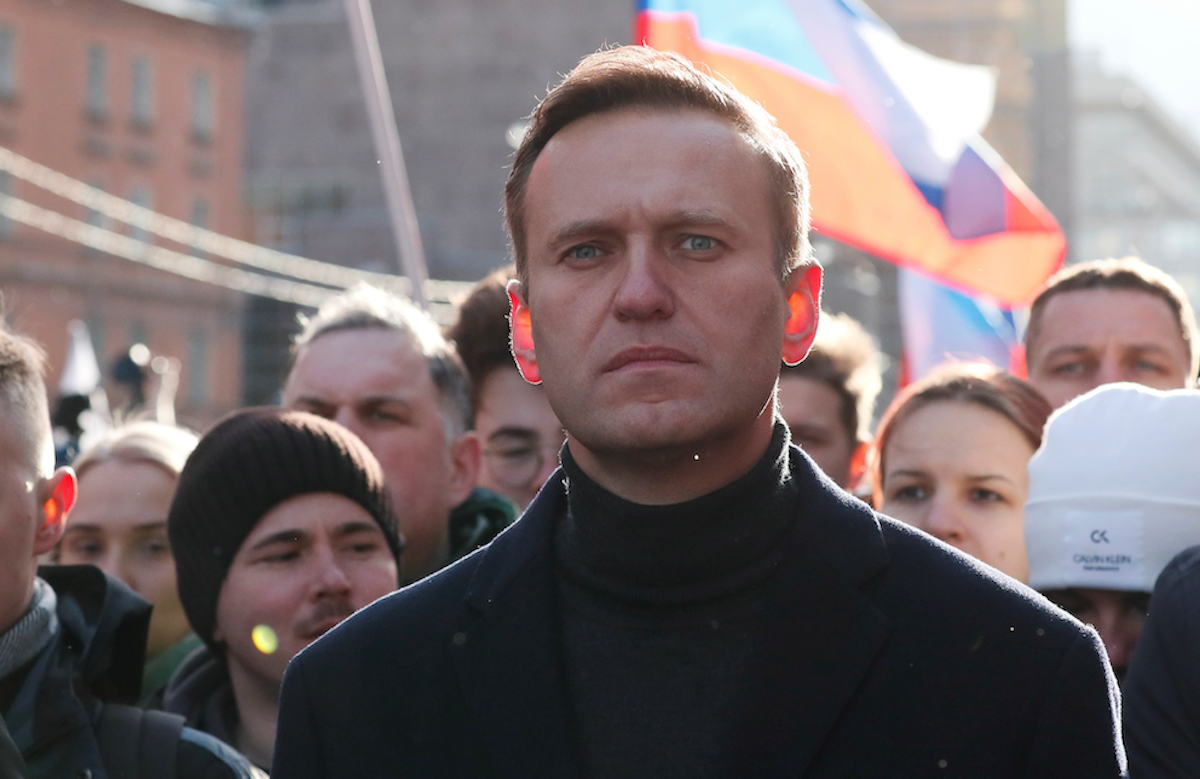News broke early Friday that Russian dissident Alexei Navalny – a vocal critic of President Vladimir Putin – has died in prison. “On 16.02.24 in the correctional colony number three, convict Navalny felt ill after a walk almost immediately losing consciousness,” the Federal Penitentiary Service for Yamal said in a statement, noting that emergency services were unable to revive him.
Navalny, a social media-savvy activist who led an anti-corruption protest movement of hundreds of thousands against Putin a decade ago, was poisoned with a nerve agent in Siberia in 2020 – an attack he blamed on the Kremlin – and flown to Germany for treatment. He later defied the Kremlin and returned to Russia, where he was promptly sentenced to 11 years in prison for fraud and other charges.
In August, a court dumped another 19 years onto his sentence for good measure, and in December, he went missing in the prison system for weeks amid concerns that he was being moved to an even harsher prison.
For more about the opposition leader’s life, check out GZERO’s interview with director Daniel Roher about his Oscar-winning documentary “Navalny,” starring the man himself.
- Vanished in Russia ›
- Why opposition leader Alexei Navalny returned to Russia after poisoning ›
- “A film is a weapon on time delay” — an interview with “Navalny” director Daniel Roher ›
- Santa's newest neighbor: Navalny's Arctic transfer aims to ice out opposition ›
- Putin’s nemesis ›
- Putin's gulag gamble with Navalny ›
- What happens if Alexei Navalny dies? ›
- Navalny's death is a huge loss for democracy - NATO's Mircea Geona - GZERO Media ›
- Alexei Navalny's death: A deep tragedy for Russia - GZERO Media ›
- Navalny's death is a message to the West - GZERO Media ›
- Understanding Navalny’s legacy inside Russia - GZERO Media ›
